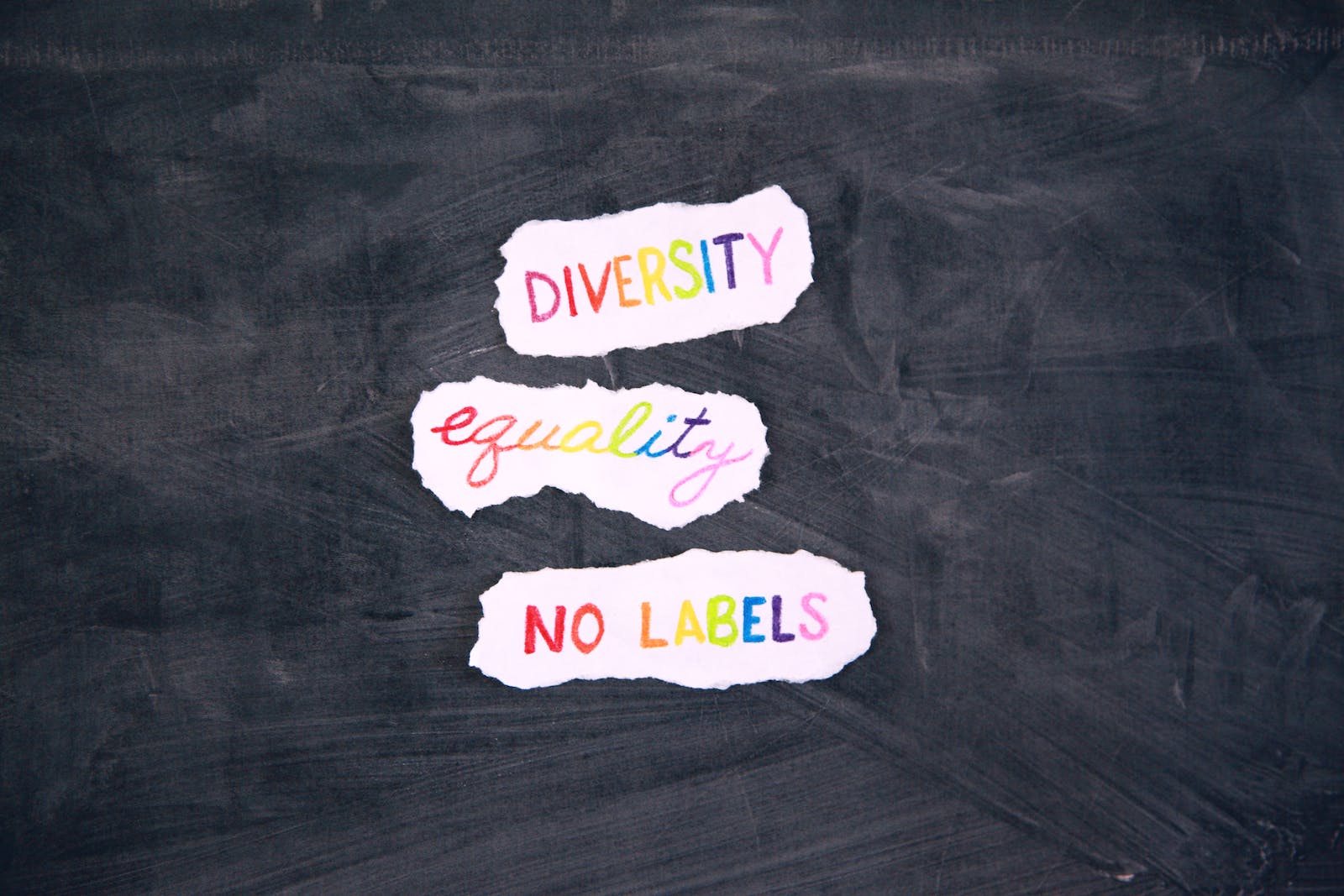Ethics serve as the moral compass that guides our behavior and decision-making. In the pursuit of creating a more equitable society, ethical principles play a critical role. An equitable society is one where everyone has equal access to opportunities and resources, regardless of their socioeconomic background, race, gender, or any other characteristic. In this article, we will explore the importance of ethics in advancing equity, and how ethical principles can shape our actions and policies to foster a fair and just society.
Upholding the Principle of Justice
Justice is a fundamental ethical principle that serves as the foundation for creating equity. It means treating all individuals fairly and impartially, ensuring that no one is disadvantaged or discriminated against based on their attributes or circumstances. By upholding the principle of justice, we can strive to eliminate systemic barriers that perpetuate inequality and work towards equal opportunities and outcomes for all members of society.
Respecting the Dignity and Worth of Every Individual
Ethics demand that we recognize and respect the inherent dignity and worth of every individual. By acknowledging the equal value of all human beings, regardless of their background or characteristics, we can create an environment where everyone’s voice is heard and respected. Respecting human dignity means actively working to dismantle discriminatory practices and beliefs, and fostering an inclusive society where everyone is treated with respect and empathy.
Promoting Inclusivity and Diversity
Ethics call upon us to actively promote inclusivity and diversity in all aspects of society. An inclusive society values and embraces the diversity of its members, recognizing that different experiences, perspectives, and ideas enrich our collective understanding and decision-making. By promoting inclusivity and diversity in institutions, organizations, and communities, we create spaces where everyone feels valued, included, and empowered to contribute their unique strengths.

Ensuring Equal Access to Opportunities and Resources
Ethical principles demand that we work towards ensuring equal access to opportunities and resources for all individuals. This means removing systemic barriers such as unequal distribution of wealth, limited educational access, and discriminatory policies. By providing equal opportunities for education, employment, healthcare, and other essential resources, we can level the playing field and empower individuals to reach their full potential.
Advocating for Social Justice
Ethics require us to be active advocates for social justice. This involves speaking out against injustice, inequality, and discrimination, and actively working towards systemic change. By raising awareness, engaging in peaceful protests, supporting marginalized communities, and advocating for policy reforms, we can contribute to the creation of a more equitable society. Ethical advocacy ensures that the voices of the marginalized are heard, and their rights and needs are addressed.
Ethical Decision-Making in Policy and Governance
Ethical decision-making is crucial in shaping policies and governance structures that promote equity. Policymakers and leaders must consider the ethical implications of their decisions, ensuring that they prioritize the well-being and interests of all members of society. Ethical policy decisions involve analyzing the potential impacts on marginalized communities, addressing systemic inequalities, and striving for equitable outcomes.
Holding Institutions and Individuals Accountable
Ethics demand that institutions and individuals be held accountable for their actions and their contribution to inequality. This includes recognizing and rectifying any discriminatory practices, biases, or policies that may perpetuate inequity. Holding individuals and institutions accountable establishes a culture of fairness, ensuring that they are responsible for their impact on equity and actively working towards positive change.
Engaging in Ethical Philanthropy and Corporate Social Responsibility
Philanthropy and corporate social responsibility are avenues through which ethics can be put into action. Ethical philanthropy focuses on supporting initiatives and organizations that address systemic inequalities and uplift marginalized communities. Corporate social responsibility entails businesses taking ethical actions that benefit society as a whole, beyond their own profitability. By engaging in ethical philanthropy and corporate social responsibility, individuals and organizations can contribute to creating a more equitable society.
Education and Awareness of Ethical Issues
Education and awareness of ethical issues are vital in fostering a society that values equity. By promoting ethical education in schools, universities, and communities, we can cultivate a sense of ethical responsibility and critical thinking. This education should include discussions on ethics, equity, and social justice, encouraging individuals to reflect on their own biases and privileges, and inspiring them to take action towards creating a fairer society.
Embodying Ethical Behavior in Everyday Life
Lastly, creating a more equitable society requires individuals to embody ethical behavior in their everyday lives. This means treating others with respect, empathy, and fairness, and actively challenging their own biases and prejudices. By being conscious of our actions and choices, we can contribute to a culture of inclusivity and equity, inspiring others to do the same.
Conclusion:
Ethics play a vital role in creating a more equitable society. By upholding the principles of justice, respecting the dignity and worth of every individual, promoting inclusivity and diversity, ensuring equal access to opportunities and resources, advocating for social justice, engaging in ethical decision-making, holding institutions and individuals accountable, and embodying ethical behavior in everyday life, we can contribute to a fairer and more just society. It is through the collective effort of individuals, organizations, and policymakers that we can transform our societies into places where equity is valued and upheld.

































